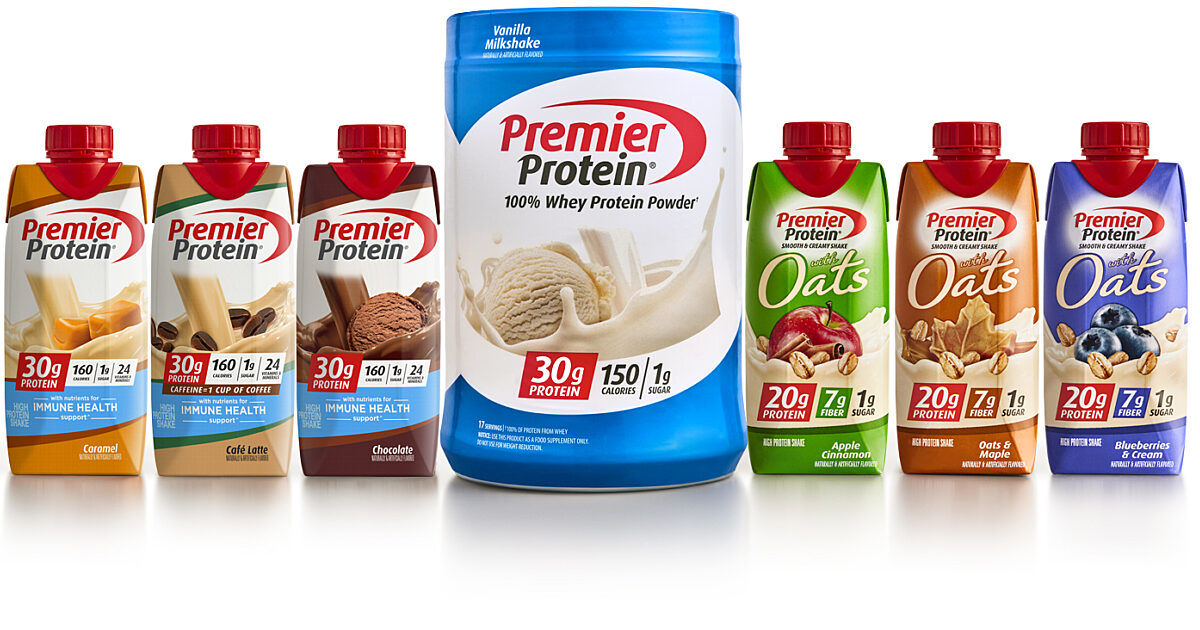In today's fast-paced world, convenience foods have become an integral part of our daily lives. These pre-packaged, ready-to-eat meals and snacks offer quick and easy solutions for our busy schedules. However, beneath their appealing facade lies a multitude of problems that can have detrimental effects on our health and well-being. In this blog post, we will delve into the hidden dangers of convenience foods, exploring the reasons why they are problematic and offering insights into healthier alternatives.
- Nutritional Deficiencies:
One of the major problems with convenience foods is their poor nutritional value. These products are often high in unhealthy fats, added sugars, and sodium, while lacking essential nutrients such as vitamins, minerals, and fiber. Regular consumption of convenience foods can lead to imbalances in our diet, increasing the risk of chronic diseases like obesity, diabetes, and heart disease. - Artificial Ingredients and Preservatives:
To prolong shelf life and enhance taste, convenience foods are loaded with artificial ingredients and preservatives. These additives, such as artificial flavors, colors, and sweeteners, can have adverse effects on our health. Studies have linked artificial additives to allergies, hyperactivity in children, and even certain types of cancer. Moreover, the excessive use of preservatives in these foods can disrupt our gut microbiota, compromising our immune system and overall digestive health. - Hidden Sugar Content:
Convenience foods often contain hidden sugars, which can be detrimental to our health. While they may not taste overly sweet, these products are often packed with hidden sugars, including high fructose corn syrup and other sweetening agents. Excessive sugar consumption has been linked to obesity, type 2 diabetes, and cardiovascular diseases. It is crucial to read food labels carefully and be aware of the sugar content in convenience foods. - Lack of Fresh Ingredients:
Convenience foods are typically made with processed and refined ingredients, lacking the freshness and nutritional value of whole foods. Fresh fruits, vegetables, and whole grains are often replaced with refined grains, artificial fillers, and low-quality meat. This compromises the nutritional quality of our meals and deprives our bodies of essential vitamins, minerals, and antioxidants. - Environmental Impact:
The production and packaging of convenience foods contribute to environmental degradation. The excessive use of plastic packaging, the carbon footprint of transportation, and the depletion of natural resources all take a toll on our planet. By reducing our reliance on convenience foods and opting for fresh, locally sourced ingredients, we can make a positive impact on the environment.
Conclusion:
While convenience foods may offer a quick fix for our busy lives, it is essential to recognize the hidden dangers they pose. From nutritional deficiencies and artificial additives to hidden sugars and environmental impact, these products can have long-term consequences on our health and the planet. By prioritizing fresh, whole foods and adopting healthier eating habits, we can take control of our well-being and make a positive change in our lives.




